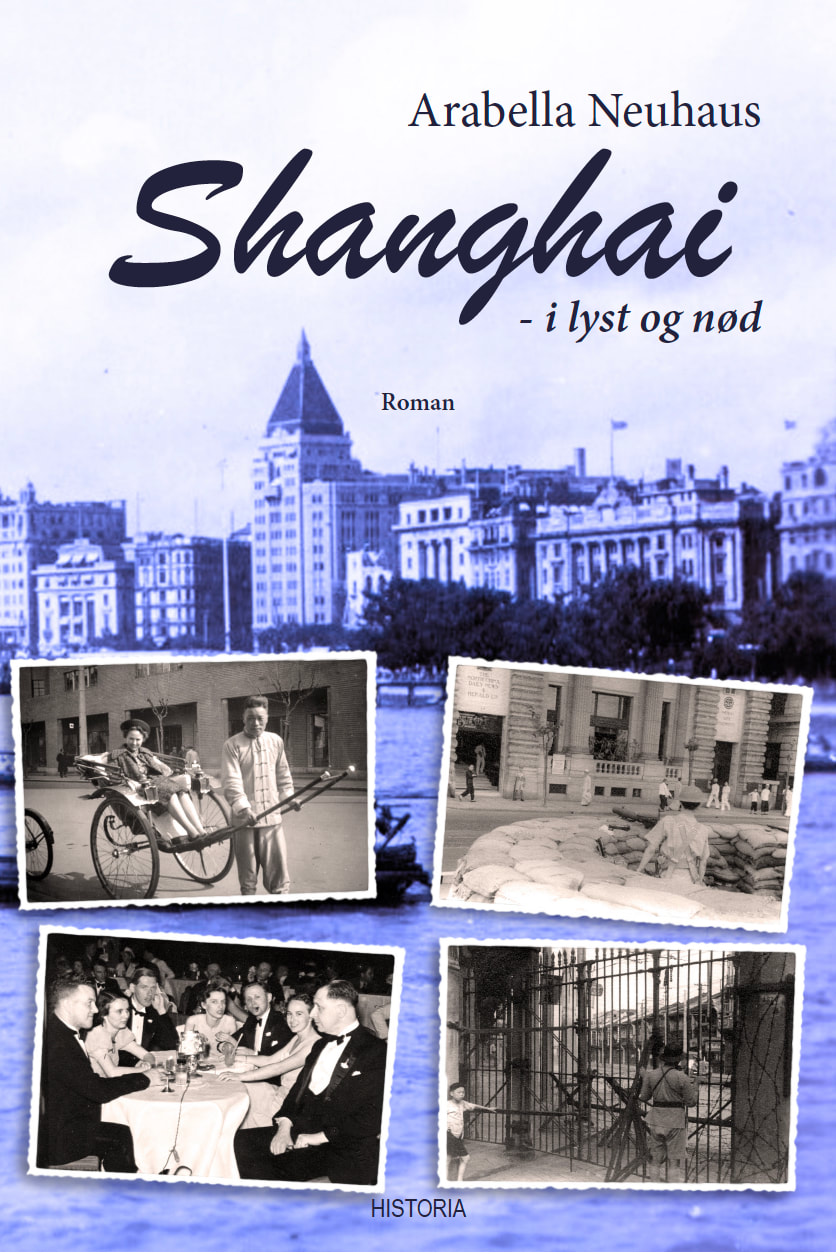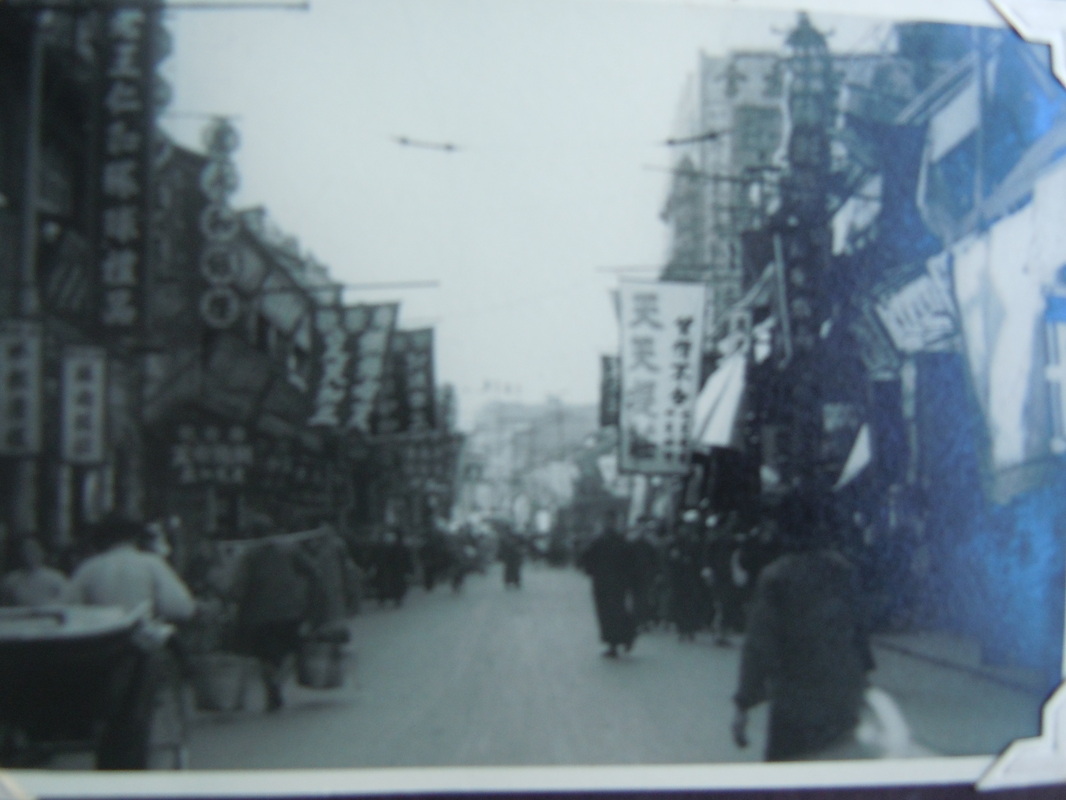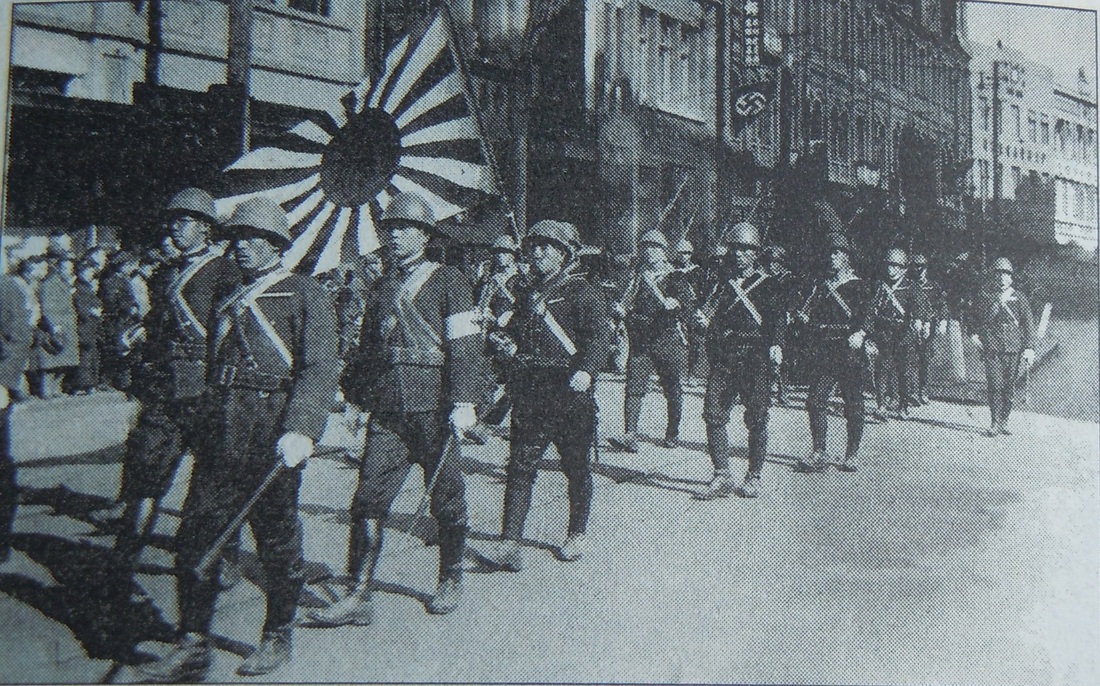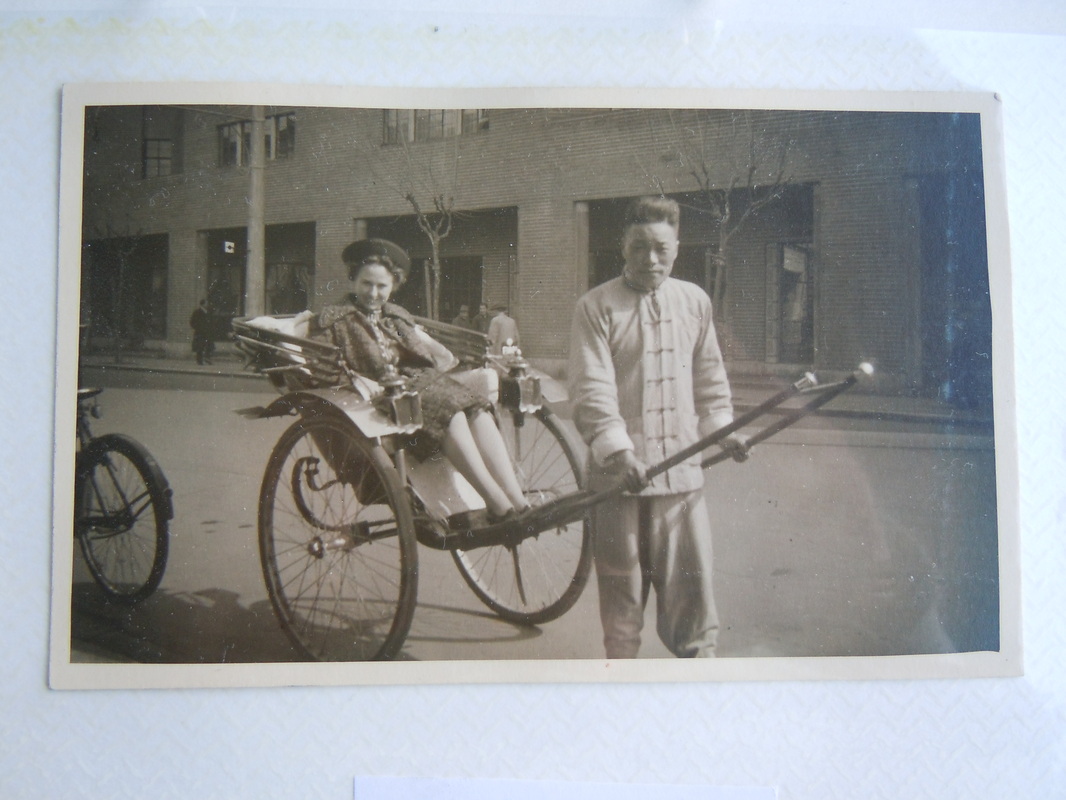Shanghai - for better or worse. |
Summary
Shanghai - for better or worse A novel. Published in Danish april 2019. Contact: [email protected] “Shanghai – for better or worse” is an historical novel based partly on my mother's diaries and her eyewitness accounts from life in Shanghai 1939-40, and partly on extensive research. A recently-married young Danish man, after landing a job with The Great Northern Telegraph Company, sails with his wife to Shanghai. The newlyweds arrive in March 1939 and find themselves in a world completely different from the one they are used to. They struggle to adapt to life among the city's westerners, who are trying to maintain the colonialist lifestyle they had enjoyed up to that point, in spite of increasing problems due to the Japanese occupation and the Chinese people´s desire for equality. The young couple gradually gain an understanding of and love for the Chinese people and culture; they challenge the condescending attitude towards the Chinese, which was still common at that time among some westerners. The husband decides at once to learn Mandarin. The couple soon discover that they are in the middle of a war. Although the International Concessions, unlike the rest of the city, haven't yet been occupied by the Japanese, the two Danes are confronted daily by acts of war, such as the bombing of newspapers, people getting killed, beggars dying in the streets. The book focuses on a description of the young couple’s everyday life and Shanghai life in general during this time. Various important historical events are woven into the novel, such as the Japanese bombing of the city in 1932 and 1937, the Nanjing Massacre, the Guomingdang persecution and murder of Shanghai Communists in 1927, the degrading treatment of the Chinese people by the Japanese, the Japanese collaboration with the city's criminal gang to raise money for their army, the Japanese import of Korean women for their army brothels, etc. The novel enters the lives of many people: the rickshaw puller who comes to Shanghai looking for a better life; the “amah” who arrives in the city to work and to find her little sister, who was sold as a young girl, in all likelihood to a brothel; the British policeman shot by the Japanese; the Jew whose wife commits suicide; the minister from the Japanese puppet government, murdered in his home under a visit by the former Chinese ambassador to Denmark; and Du Yue-sheng, the leader of the Green Gang, an influential force in the city. In addition, the novel includes the stories of Jews who fled from Nazi Germany and are received in Shanghai at a time when no other country wanted them, of the Russians living in the city after fleeing the Soviet Union in 1920, and the many Chinese seeking shelter in the city from the war against Japan and the resulting sickness, hunger, and death. The young couple, like many other Westerners, flees the summer heat of Shanghai and vacations in Japan, where despite being tourists they experience how the country is preparing for war. When they return to Shanghai the political situation is even more desperate – a Dane, for instance, has been murdered by the Japanese, who suspected him of being a spy. After a year in Shanghai the young couple decides to return to Denmark. They sail on the M/S Peru, but their journey soon takes an unexpected turn; while the ship lays at anchor outside Aden in April 1940, Denmark is invaded and occupied by Germany. They are forced to leave the ship, and all the beautiful things they have bought in Shanghai are stored in a warehouse in Suez, which soon after is bombed. They return home through countries already affected by the first eruptions of war. After 4 months of traveling, they at last arrive in Denmark. |
- Forside
- Roman: Shanghai i lyst og nød
- Anmeldelser
- Shanghai - for better or worse
- Rejseguide: Shanghai
- KONTAKT
- Mine bøger / my books
- Rejse til Shanghai 2010
- Art Deco Congress Shanghai 2015
- Skovhaver/ Permakultur
- Essays
- Jødiske flygtninge i Shanghai
- Øjenvidne til befrielsen maj 1945
- Direkte fra fronten: Dybbøl 1864




